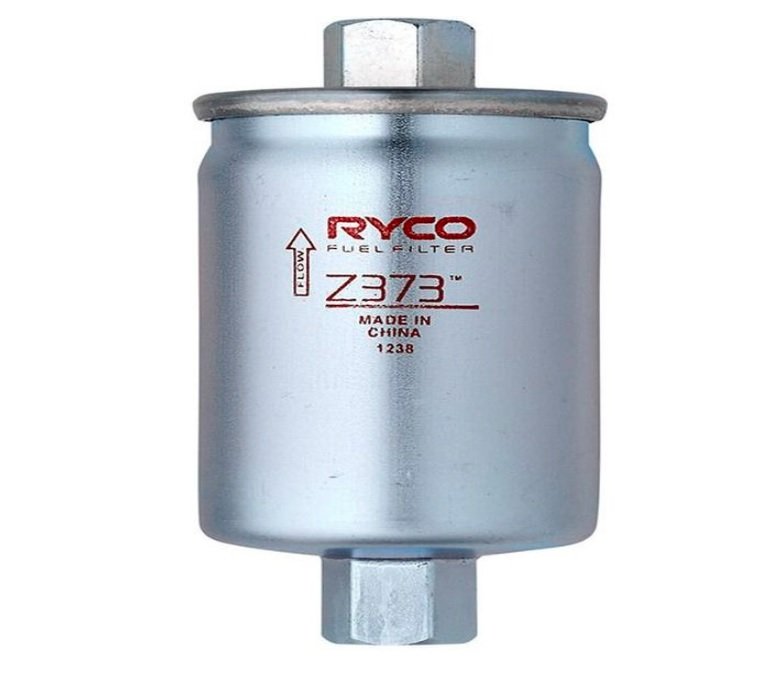From the dusty outback tracks to city commutes, Aussie engines work hard. But if your vehicle’s performance has dipped recently, such as sluggish acceleration, unusual fuel consumption, or a rough idle, it might not simply be due to age or wear. Several often-overlooked culprits could be hindering your engine’s health and efficiency. Understanding these can help you stay ahead of costly repairs and keep your vehicle in peak condition.
Contaminated or Inconsistent Fuel Supply
Australia’s vast geography and climate variations can impact the consistency and cleanliness of fuel supply. While most major fuel retailers meet national quality standards, fuel contamination still occurs, especially in remote areas or where older underground tanks are in use. Water ingress, microbial growth, or sediment accumulation can all degrade fuel quality.
Diesel engines tend to be more susceptible to fuel contamination, particularly from water or fine particles that can interfere with combustion and lead to injector damage or stalling over time. These issues are more likely in remote areas or under variable fuel conditions. In such cases, equipping the vehicle with a suitable fuel filter, such as the Ryco Fuel Filter Z373 or the Ryco Fuel Filter R2619P, may help address filtration requirements specific to the engine and operating environment.
Neglected Filtration Across Engine Systems
Modern engines rely on a network of filtration systems for air, oil, and fuel to protect sensitive internal components. These filters are often undervalued until problems surface.
Clogged air filters restrict oxygen supply to the combustion chamber, disrupting the air-to-fuel ratio and leading to sluggish throttle response. Old or low-grade oil filters may circulate abrasive particles, contributing to premature wear in engine bearings and pistons.
Choosing the right filtration components isn’t just about fit. It’s also about compatibility with your vehicle’s operational environment. There are several engine filtration options designed to address varying driving conditions, from dusty rural roads to stop-start city traffic. When overlooked, these systems quietly chip away at performance and reliability.
Irregular or Delayed Oil Changes
Engine oil does more than just lubricate moving parts. It also helps regulate engine temperature, minimise friction, and transport contaminants away from critical components. However, as oil ages, it begins to degrade and lose its protective qualities. When oil changes are delayed, this breakdown can result in the formation of oil sludge, which restricts flow and hampers overall performance.
Australian driving conditions, particularly during summer or on long-haul routes, can accelerate oil degradation. Ignoring recommended service intervals not only affects performance but also increases the risk of long-term damage.
Using quality oil and filters suited to your driving habits helps maintain proper lubrication and cleanliness, especially under heat stress.
Overlooked Early Performance Symptoms
Engine slowdown rarely happens overnight. Most vehicles show subtle signs before serious issues emerge, though they are often dismissed.
A slight vibration at idle, delayed throttle response, or sporadic knocking may indicate problems such as:
- Dirty throttle bodies affecting airflow accuracy
- Blocked EGR valves disrupting emissions and combustion
- Failing ignition components like coils or spark plugs
Paying attention to these early warnings can help prevent major repairs and restore lost performance before damage becomes widespread.
Poor-Quality or Ill-Fitting Replacement Parts
It can be tempting to save money with off-brand or generic components, especially when ordering parts online. However, mismatched or substandard replacements often create more issues than they solve.
Fuel system parts, in particular, require precise specifications to perform effectively. Even minor variations can affect engine output or strain connected systems. In some cases, using incorrect filters can compromise performance or void warranties.
Selecting the right parts for your engine’s specifications and conditions is one of the simplest ways to maintain reliable performance.
Keeping Performance on Track
Engine performance depends on more than just age or kilometres travelled. Overlooking small maintenance details — like filtration quality, fuel condition, or early warning signs — can gradually undermine your engine’s efficiency and responsiveness.
By identifying and addressing these subtle culprits, drivers can avoid unnecessary wear, reduce fuel costs, and ensure their vehicle remains fit for everything from city traffic to cross-country travel.
Refresh Date: August 22, 2025



